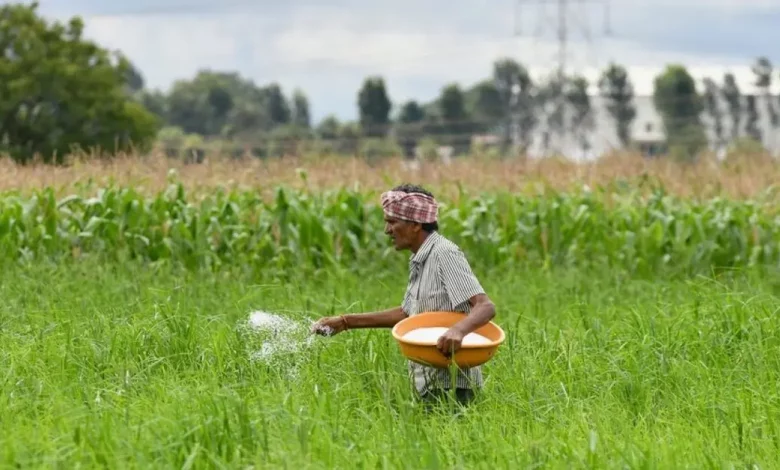Daily Current Affairs for UPSC
WTO Pressure on Farm Subsidies
Syllabus- International Relations [GS Paper-2]

Context- India is under pressure on its farm subsidies at the World Trade Organisation (WTO).
Why are India’s Agri Subsidy Programmes Facing Challenges in the WT0?
- While India’s in step with farmer subsidy is abysmally low as compared to what countries such as the USA provide, the WTO guidelines do not recall subsidies on a according-to-farmer basis, thereby being heavily loaded in opposition to developing nations.
- For instance, India’s total rice production in 2019-20 stood at $46.07 billion and it gave subsidies well worth $6.31 billion (or 13.7%), which is above the 10% limit.
- However, India’s subsidy to farmers is available at $300, consistent with farmers, in comparison to $40,000 according to farmers in the US.
- Notably, India can’t be dragged into a dispute over its subsidies as it is blanketed by the ‘Peace Clause’ that was agreed by the WTO members during the Bali ministerial in 2013.
- But because of a number of the provisions in the clause being ambiguous, India is open to stand disputes.
- This way, if new schemes are to be carried out, then for those products India has to comply with the 10% subsidy ceiling and they’ll now not be included under the ‘Peace Clause’.
Attack on India’s Agri Subsidies by Influential Agri Exporting Countries
- The Cairns Group – comprising Australia, Brazil and Canada among others participants – have claimed that India’s public stockholding (PSH) programme is quite subsidised.
- They claim that the farm aid that India gives is “distorting” global food prices and “hurting” food safety of different countries.
- Last year, they circulated an in depth concept to diminish change-distorting farm support in WTO members, halving the whole worldwide entitlement/ subsidies.
- This induced tensions amongst growing nations which include India.
- This means, the Cairns Group is attempting to get India to “dismantle” the MSP scheme or “lessen its scope” and that is the cause India is preventing to get higher legal safety for its MSP programme.
Challenges Ahead for the Government of India
- To achieve greater flexibility to provide farm support, India is in the process of pushing for an everlasting answer at the upcoming inter-ministerial summit at Abu Dhabi.
- But a deadlock over the politically charged troubles between evolved and growing nations is unlikely to see a resolution.
- Farmers organizations in India demand that agriculture must be taken out of WTO.
- But that approach may want to pose problems and might restrict India and different growing countries from disciplining the subsidies being given by the evolved global.
- The government might be in a decent spot due to the fact on one hand there’s peer strain on the WTO and on the other difficulty there’s a MSP demand from the farmers.
- It is not just Punjab farmers but other farmers also are seeking better MSP assist.
- Moreover, if Punjab and Haryana farmers begin shifting far from agriculture, it is a chance for the country’s food safety.
Way Ahead for India
- Though India isn’t always facing a dispute at the subsidy difficulty at WTO because the Dispute Settlement Body (DSB) is not practical, questions might be often asked by member nations over breach of subsidy limits.
- Therefore, India has to push not simplest for the measures to amend the system to calculate the meals subsidy cap (in the WTO) but additionally to include programmes applied after 2013 under the ambit of ‘Peace Clause’.
Source: Indian Express





.png)



